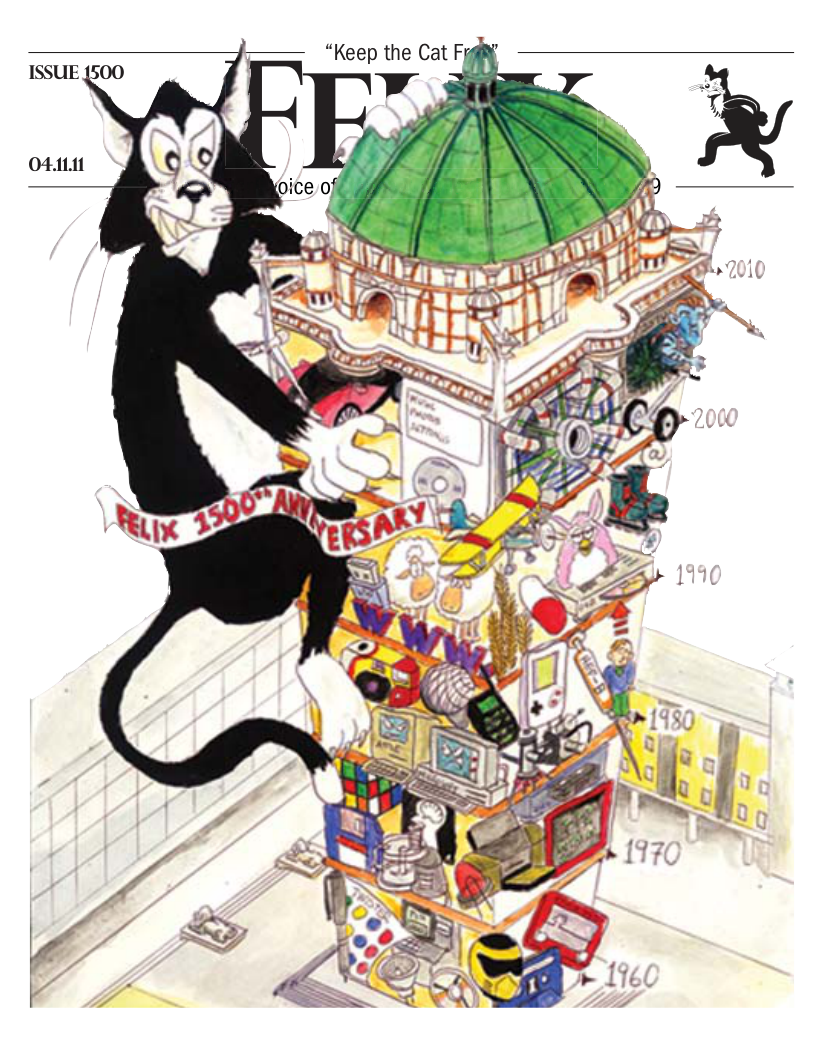Why we allow fear to take control
Evolution leads to key behind a scared response
It was a dark, misty, eerie night this Halloween. I was walking alone through a deserted, narrow street in London. The sound of footsteps behind me made me start. I stopped and listened. The noise stopped. I carried on walking. The footsteps started again. All my senses were heightened. I began to wonder if someone was in the dark behind me. The footsteps got nearer. My heart started racing, palms started sweating. The footsteps got louder. Fear took over and I started looking for somewhere to run, to hide, to get away.
What I was experiencing at this moment is fear related to an unusual external event. This is also known as ‘phobic anxiety’. Phobic anxiety developed in us as prey animals, as a means to respond to predators in the vicinity that may be threatening our lives.
The neurobiology behind phobic anxiety is complex. Studies in rats have shown that exposure to the odour of a cat, which generates a phobic anxiety response, causes various changes in the rat’s physiology. Corticosterone (analogous to human cortisol) levels increase and turnover rates of dopamine, serotonin, noradrenaline and GABA in various brain regions are altered. The anxiety created by exposure to cat odour (for a rat), or exposure to the eerie stranger that may have been following me above, comes in the form of a sudden fear and sudden arousal of the nervous system. This phobic anxiety developed in us to allow us to respond to a sudden change in our environment.
Now most people can understand feeling anxious when walking down a dark alley alone and hearing footsteps behind you. On the other hand, some people are constant worriers. I have friends who constantly stress and worry about everything: whether they offended their neighbour in halls, whether they have enough money on their oyster card, whether they’ve done enough reading for tomorrow’s lecture. This form of anxiety can be termed ‘generalised anxiety’. Again neurotransmitters and hormones such as corticosteroids, dopamine, serotonin, noradrenaline and GABA are involved; however with this form of anxiety their patterns of release and uptake are different. Generalised anxiety has a slightly different evolutionary purpose. In prey animals, it stops them from entering unfamiliar, open spaces, where they might be likely to encounter a predator. It stops them from feeding on foods that may be toxic. Generalised anxiety is often something which doesn’t change too much within the individual over time – you’re either generally a worrier or you’re generally pretty chilled out.
So next time you’re worrying about life, or clutching your pillow watching ‘Scream’, just remember that there are some pretty interesting evolutionary reasons behind what you’re feeling.








